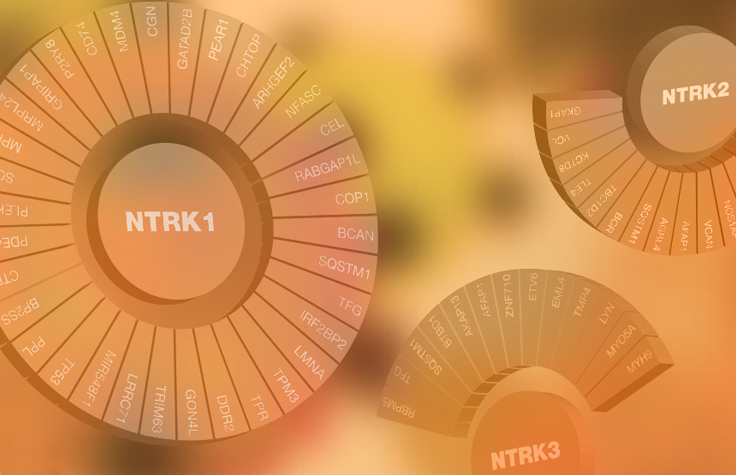Enable CGP findings faster from FFPE tissue with a more efficient workflow, using a pan-cancer panel that covers all major variant classes and genomic signatures (TMB, MSI, and HRD).
The TruSight Oncology 500 product line offers pan-cancer next-generation sequencing assays to enable in-house comprehensive genomic profiling (CGP). Identify relevant biomarkers from key guidelines and clinical trials with one consolidated assay to get more results with less sample than iterative testing.


-ft-dr-guillaume-bataillon.jpg)

